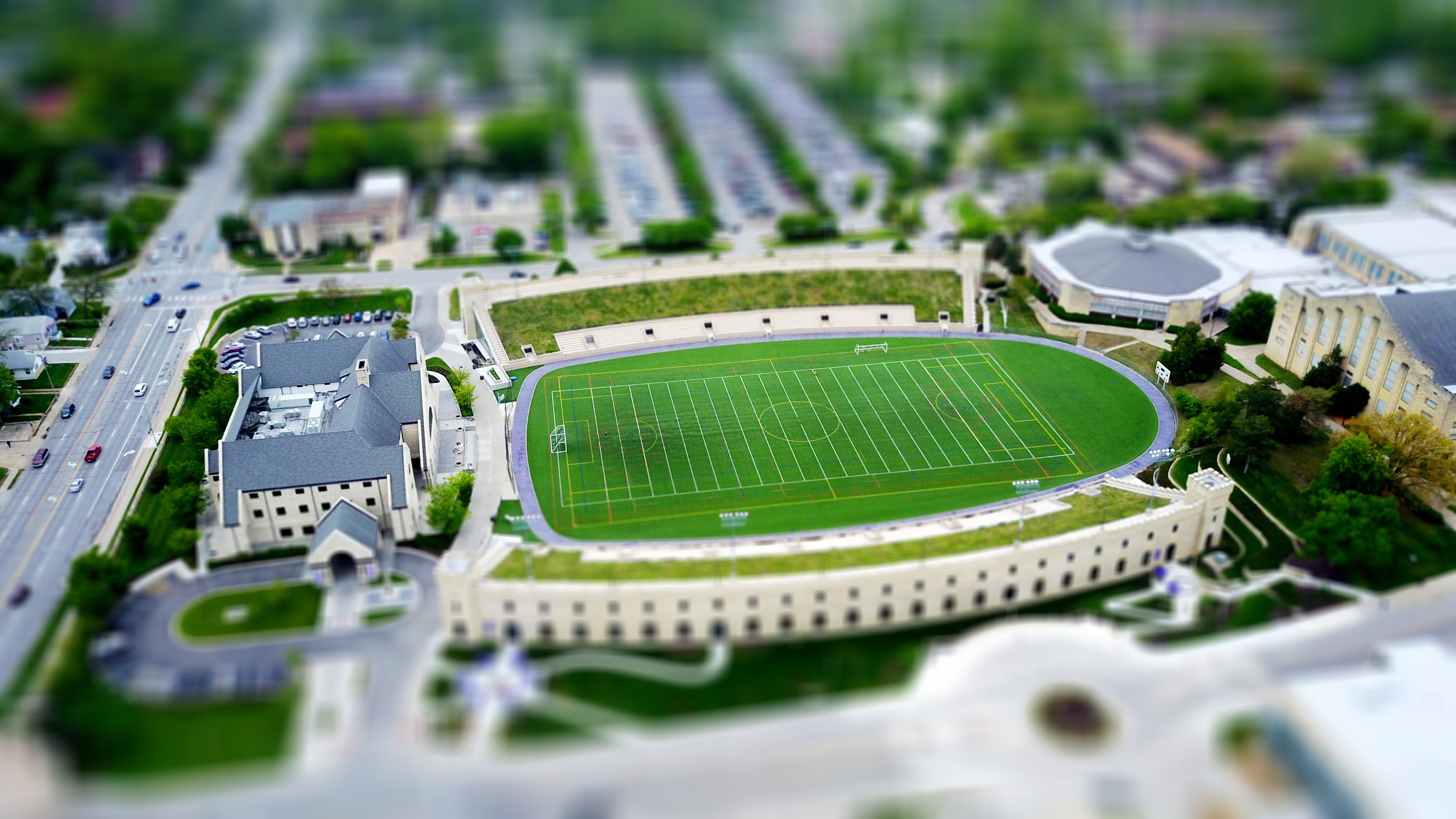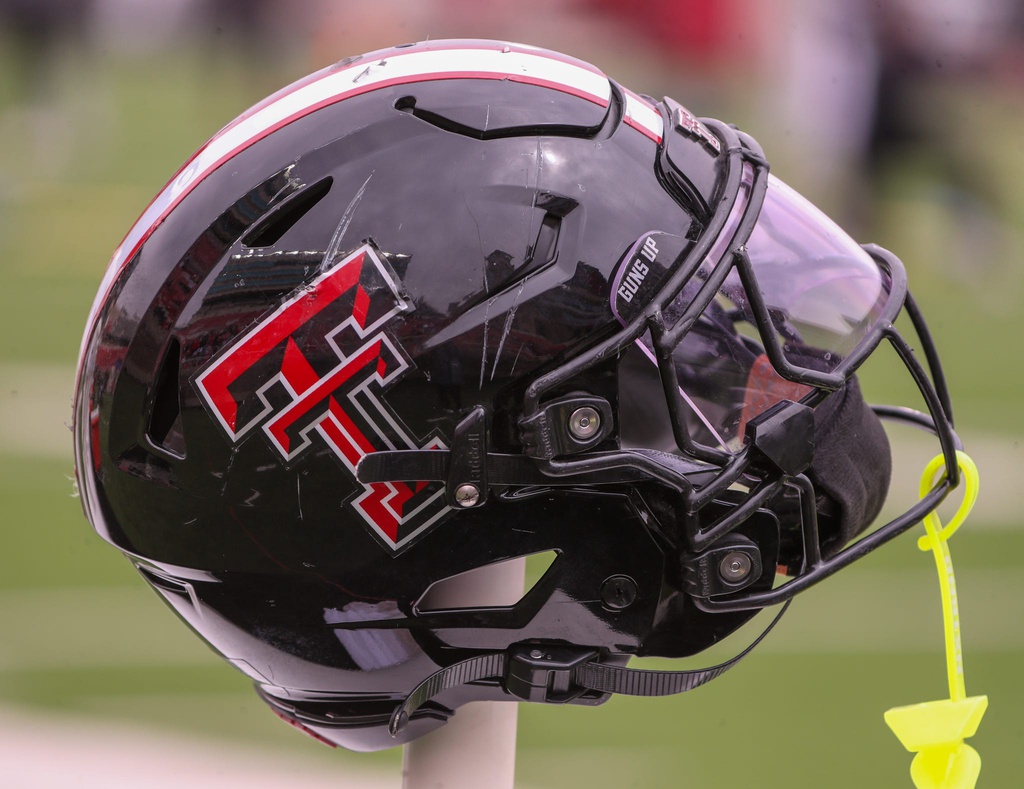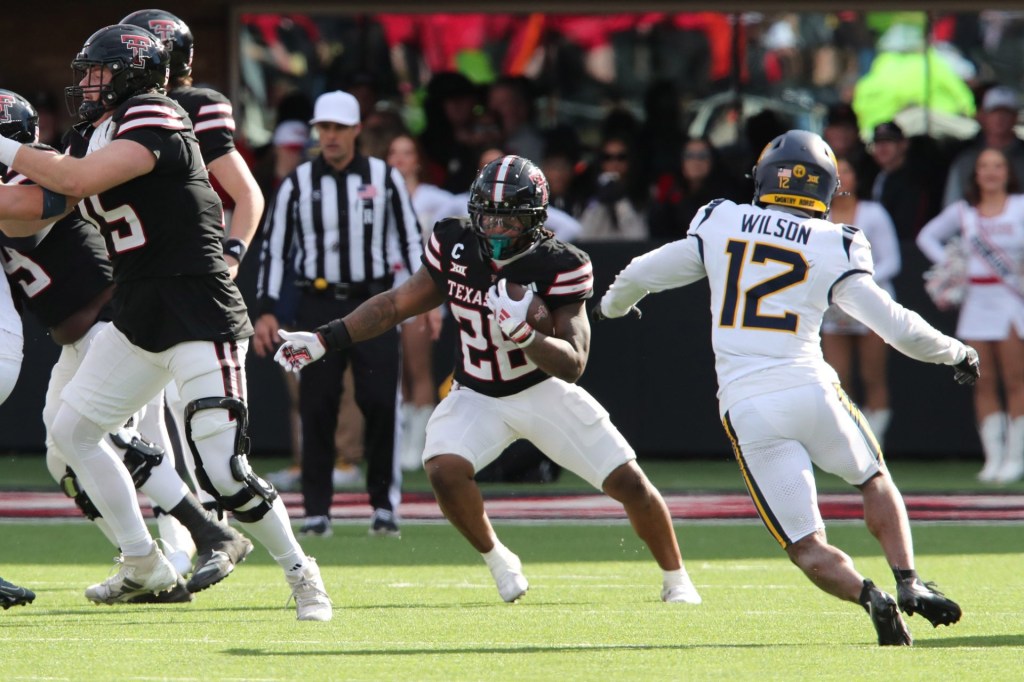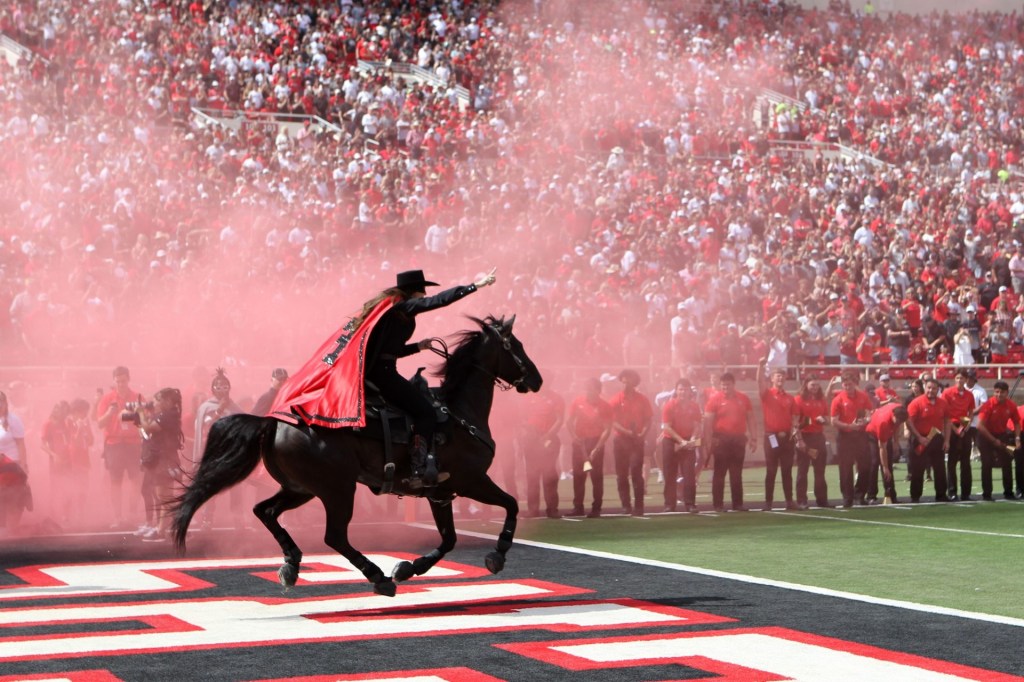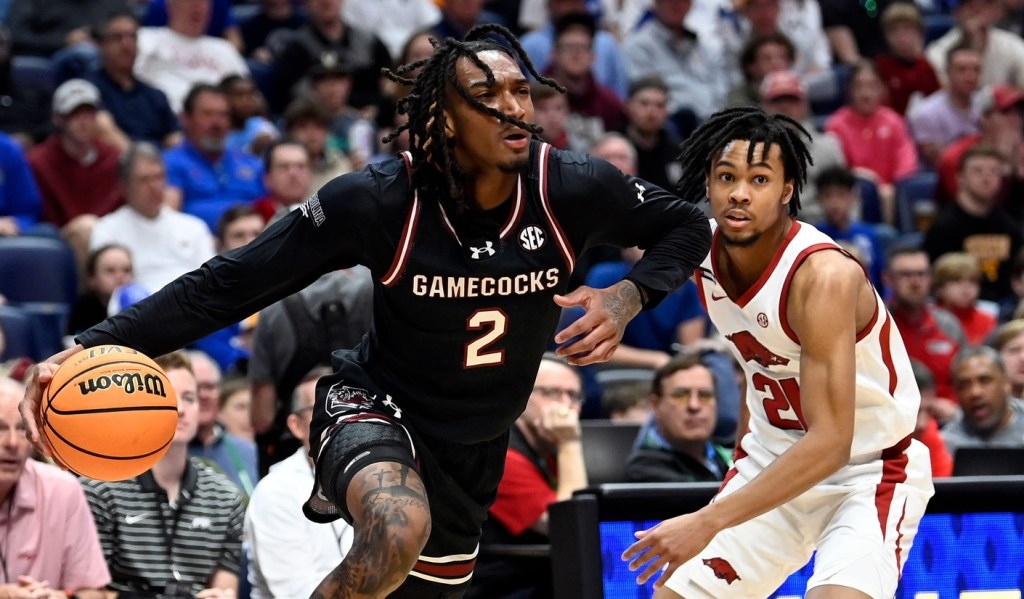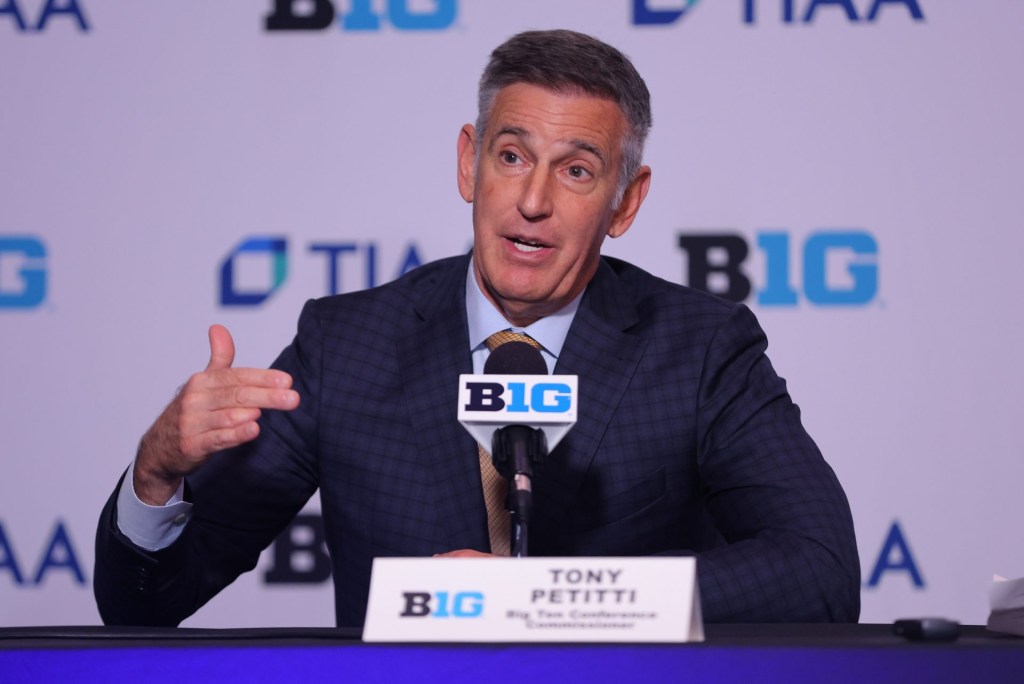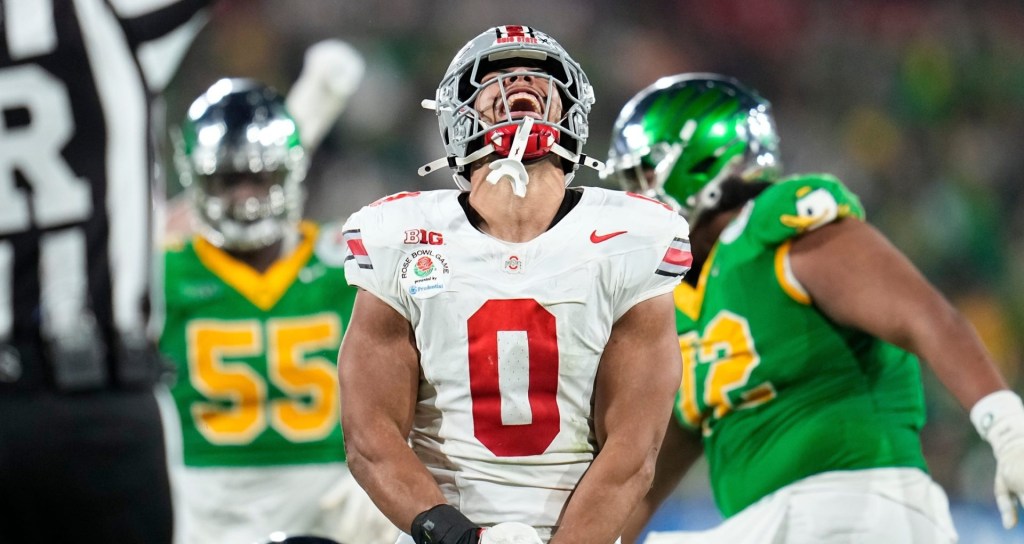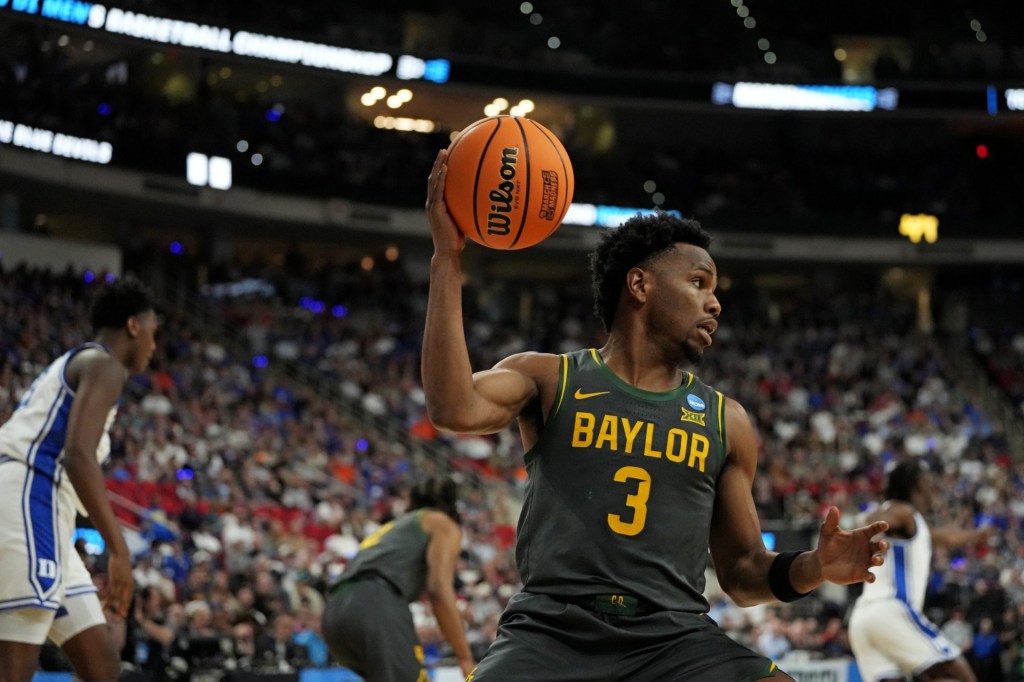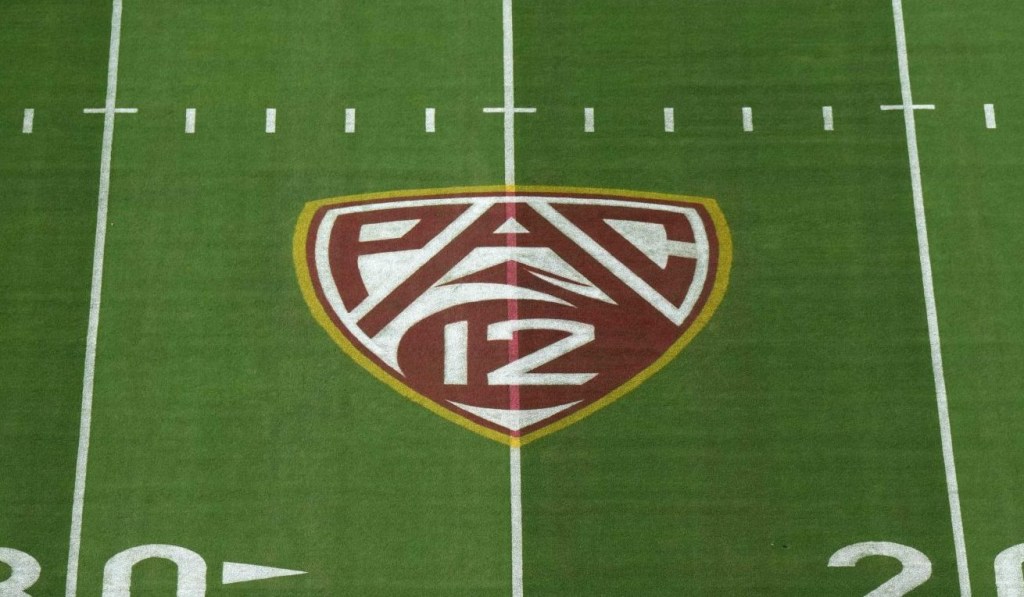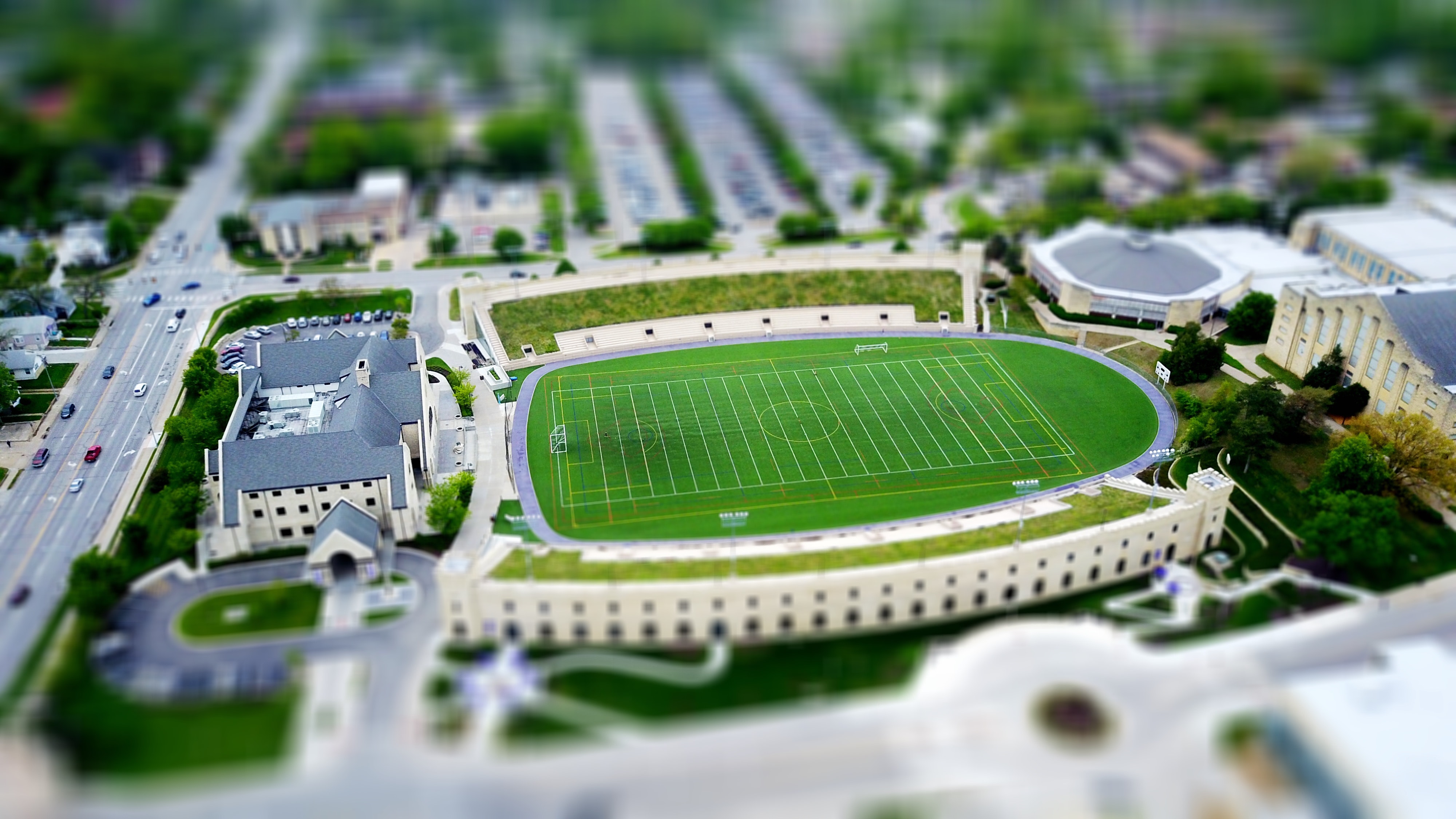
(Photo by David McBee from Pexels)
Superficially, there is nothing to fix about the National Collegiate Athletic Association.
Thanks in part to the hard work college athletes, the NCAA earned over a billion dollars in revenue over the past year — the highest revenues ever reported by the association. The NCAA’s popularity, from March Madness to the College Football Playoff, has never been higher. As such, the league and its member schools have not felt wholeheartedly compelled to address many of the reforms that the athletes have requested over the past few years.
This languished state of denial, through a deep dive into many of the recent lawsuits filed (and being litigated) against the NCAA, reveals a much darker reality.
The “student-athletes,” on the other hand, feel as though the time has come for the NCAA to prioritize the “student” part of the “student-athlete” experience. The athletes, who are uncompensated and often do not receive full scholarships, regularly dedicate 40-plus hours of work each week to their respective sport; this, in addition to being a full-time student, is difficult to maintain. Concerns over the qualifications (and practices) of coaching and medical personnel remain unaddressed because the players lack the bargaining power to negotiate in the same way a professional leagues’ players’ association would with a professional league. Some of the NCAA’s arcane rules, such as the restraint on athlete transfers, exist merely to benefit the schools.
All of that is about to change. Thanks to the efforts of former and current collegiate athletes, the courts are taking a long, hard look at the policies of the NCAA. Through litigation, the reforms that the NCAA has needed are now a possibility.
Compensation
With respect to player compensation, a case to watch is Jenkins v. NCAA.
Michael Jenkins is a former NCAA athlete who attended Clemson on a football scholarship and is challenging the NCAA’s amateurism principles. Amateurism, the NCAA’s guiding principle that insists that players should not be compensated (for a variety of reasons), was previously contested successfully in the O’Bannon v. NCAA case as being violative of federal antitrust law pursuant to the Sherman Antitrust Act. Jenkins’ case is headed to trial this December; notably, the case will be heard by the very same judge who rendered a ruling in O’Bannon, Judge Claudia Wilken of the U.S. District Court of the Northern District of California.
At the core of the case, Jenkins will challenge the amateurism principle as being restrictive on competition; the NCAA will seek to prove that the scholarships that they provide promote competition. Judge Wilken will ultimately decide the fate of the amateurism principle going forward, as over $200 million has already been secured for previous, uncompensated athletes.
A sports agent that has represented both NFL and NBA players, who requested to be quoted anonymously, emphasized that player compensation is something that the NCAA needs to seriously consider. With respect to compensation, the agent stated, “That’s a tough discussion. You can’t address the problem without presenting a reasonable solution. I feel that the money the shoe companies give the school and coaches should be divided amongst the students wearing the same logo. This should be based on some formula of the revenue [percentage] generated by each sport at the school.”
[the_ad_group id=”948″]
If the Jenkins case succeeds, there is a real chance that collegiate athlete compensation becomes a reality. If not, the fact that player agents feel a change is coming cuts in favor of reform for the student-athletes. After all, agents are often the strongest non-athlete advocate for athletes.
A former coach of a Division I NCAA team, who also requested to be quoted anonymously, noted the hypocrisy of the amateurism principle by saying, “we already spend tons of money on recruiting, on stadiums and practice facilities. Isn’t all of that an attempt to competitively attract athletes as is? At the end of the day, what difference would it make if players were paid a few thousand dollars compensation in addition to their scholarships?”
A former Division I athlete, who is now training for the Olympics, feels as though those who argue against compensation are missing the point entirely when it comes to the experience of athletes vs. those of non-athletes. The demands placed on a collegiate athlete are awfully similar to that of a compensated employee.
“We aren’t getting the same level and opportunity of education that the average student is getting,” the student-athlete said. “We have to schedule classes around mandatory practices, treatment and meeting times. This often precludes us from taking certain classes or even finishing a certain major.”
With respect to compensation, he is concerned about non-scholarship and partial scholarship athletes. “These athletes aren’t even being compensated with a “free” education; they’re just being used by the schools to keep their revenue-generating teams as cheap as possible.”
Health and Safety
Another major concern is the efficacy of personnel, coaches and medical staff as part of the NCAA’s member institutions. The schools, which are motivated by winning (and thus, by the money that comes with winning), have been known to cut corners with respect to ensuring that they abide by the NCAA’s mission statement: “In 1906, the NCAA was founded to keep college athletes safe. We are working hard to protect them physically and mentally, on the field and off.”
And yet, the past year has illuminated how seriously the NCAA really takes this creed.
In the Larry Nassar/Michigan State case, over 150-plus plaintiffs accused a former U.S. Olympic Gymnastics doctor of sexual abuse. The perpetrator, Larry Nassar, was an employee of Michigan State University and subject to oversight by the NCAA. And yet, despite complaints about Nassar’s predatory behavior, Michigan State failed to take the steps necessary to stop Nassar’s abuse. This case shed a light on the NCAA’s broken system of reporting, that the concerns and well-being of student-athletes and victims of abuse is tertiary to that of the NCAA and the member schools.
The remarkable courage of these young women revealed the lengths that some schools are willing to go in order to protect the people that work there.
Another case, Ploetz v. NCAA, was the very first Chronic Traumatic Encephalopathy (“CTE”) case to head to trial; the case ultimately settled mid-trial. Ploetz, a Plaintiff who was arguing on behalf of her late husband who played football for the University of Texas, is asserted claims of negligence and wrongful death against the defendants. A key question, in this case, would have been: Did the NCAA conceal information about the seriousness of traumatic brain injuries and neurological damage as a result of concussions, CTE, and sub-concussive impacts?
If the jury was able to reach a conclusion, they could have found that the defendants did conceal information; this would have shown the willingness of the association to protect its own interests rather than standing up for those of the athletes.
Other notable examples of where the NCAA and member institutions failed to protect their student-athletes properly: Last year when multiple Oregon football players were hospitalized due to the brutality of their off-season training, the Baylor sexual abuse scandal, and the Penn State Sandusky scandal.
Conclusion
Is the NCAA changing though?
Recently, the NCAA overhauled its rules on the transferring of athletes between member institutions. Previously, the association only allowed athletes to transfer to different schools with the permission of their current school. After the NCAA was sued for this transfer rule (though they ultimately won), the organization decided it was time to modify these rules completely. Now, the NCAA does allow athletes to transfer — with a catch: if an athlete utilizes the available “transfer” database that the NCAA provides, the institution that the player currently attends is allowed to release that player from their scholarship at the end of the term.
This means that, if a player even tests the waters and thinks about transferring (and ultimately does not), the school has the right to remove the player from scholarship. Scholarships not only consist of tuition payments, they are often the athlete’s sole source of housing, medical treatment, and food. This punitive policy was passed as a means of deterring athletes from transferring while giving the appearance that the NCAA is becoming more player-friendly. With policies like this, it is hard to see if the NCAA really understands what player-friendly means; is this the next NCAA regulation to be challenged in Court?
Want more content like this? Subscribe to our daily newsletter!
At the core of all of this, it is important to see the bigger picture: the NCAA is responsible for the well-being and safety of thousands of 18-22-year-olds. This extraordinary group of young adults (and teenagers!) compete at the highest academic and athletic levels that the United States has to offer; they train like Olympians on and off the field. In order to make sure that they are capable of succeeding, they need a support system that looks out for their best interests so that they can achieve their dreams. They sacrifice a tremendous amount for their universities and their efforts handsomely reward the schools financially. They deserve to be treated with fairness: to be given the choice of where they want to attend school without fear of retribution, to receive decent healthcare without fear of people like Larry Nassar or the fear of being lied to about the medical consequences of your sport, and to be justly compensated for all of the work that they do and the likeness they own.
Continuing to make the league more athlete-friendly will help protect its most important asset: the athletes themselves. As aforementioned the major players in the industry — coaches, agents, former athletes themselves — agree that changes need to be made. If the NCAA continues to refuse to change, it would be fair to assume that the lawsuits will keep coming.
